Speaking to Reuters on Wednesday, Dolinsky said he and Feldman had sought to win Israeli support for “Ukraine and the aspirations of the Ukrainian people”. He voiced dismay at the Netanyahu government’s failure to oppose Russia’s Crimea move.
A Ukrainian Jewish leader opposed to the Russian takeover of Crimea failed to drum up support this week from Israel, which is sitting out the crisis pitting its U.S. ally against Moscow.
Edward Dolinsky, head of the Ukrainian Jewish Committee, made a lobbying trip to Jerusalem with influential Ukrainian Jewish lawmaker Alexander Feldman. They were not received by officials from Prime Minister Benjamin Netanyahu’s government.
Speaking to Reuters on Wednesday, Dolinsky said he and Feldman had sought to win Israeli support for “Ukraine and the aspirations of the Ukrainian people”. He voiced dismay at the Netanyahu government’s failure to oppose Russia’s Crimea move.
Such censure, while not voiced by all of Ukraine’s 200,000 Jews, challenges Israel’s effort to steer clear of the showdown between Moscow and the U.S.-backed nationalists in Kiev even as allegations of anti-Semitism surface on both sides.
“We were disappointed with the Israeli reaction, the acceptance of the Ukraine situation,” Dolinsky said. “They are trying to be very diplomatic with Russia because of Russian influence and the future importance of Russia for Israel’s situation.”
Many in Ukraine thought Israel could mobilize international opinion for Kiev, Dolinsky said.
“Israel is a small country by size but for Ukrainians it is an influential country,” he said. “And it is also important for Israel to have Ukraine as a friend in the future.”
Israel’s focus is on bigger players, however – its main ally, the United States, and Russian President Vladimir Putin, with whom it has quietly built ties out of deference to his clout on issues such as the Iranian nuclear diplomacy and Syria’s civil war and chemical disarmament.
“We have good and trusting relations with the Americans and the Russians, and our experience has been very positive with both sides. So I don’t understand the idea that Israel has to get mired in this,” Foreign Minister Avigdor Lieberman told Israel’s Channel 9 TV when asked about the Ukraine crisis.
Lieberman grew up in Soviet Moldova, neighboring Ukraine.
While staking a claim to Crimea’s Russian-speaking majority, Putin has also said he wanted to quell a “rampancy of neo-Nazis, nationalists (and) anti-Semites” in Ukraine.
Dolinsky dismissed that as “simply lies and slander”, noting that some Ukrainian Jews believe recent anti-Semitic incidents such as synagogue desecrations may have been staged by pro-Russian agents provocateurs.
However, other Ukrainian Jews, including some living in Crimea, identify with Russia’s aims and voice fear at the rise of hard-right nationalists in the new Kiev government.
“There are Jews on both sides of this,” an Israeli official told Reuters on condition of anonymity. “It’s not a clear-cut situation, and we’re taking our lead from the Ukrainian Jewish community. For now, no one there is preparing for an exodus.”
The quasi-governmental Jewish Agency for Israel last month pledged to help pay for improved security for Ukraine’s Jews.
That fell short, however, of what Dolinsky said he had requested of Lieberman – that Israeli security experts fly out to provide on-site advice. Spokesmen for Israel’s Foreign Ministry were unable for comment due to a labor dispute.
Zvi Magen, a former Israeli ambassador to Russia, said fence-straddling was best for the Netanyahu government.
“By clamming up, Israel pays a price with Russia, but it also has to be mindful of its American partnership,” said Magen, now with Tel Aviv University’s INSS think-tank.
Even in Israel, the 1.2 million immigrants from the former Soviet Union – many of them constituents of Netanyahu’s and Lieberman’s right-wing parties – were split half-and-half over which side to back in Crimea, Magen said.
Origin – reuters.com

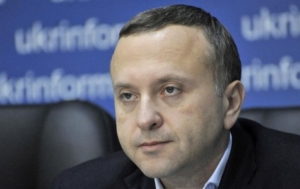
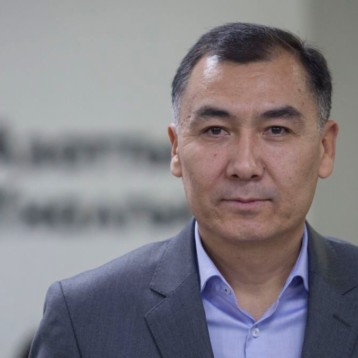
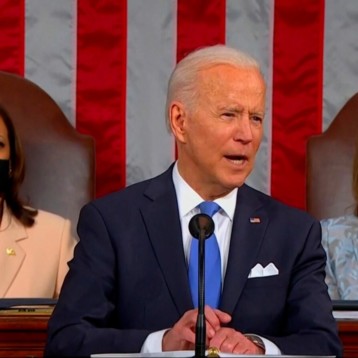
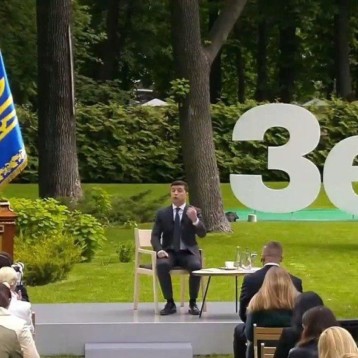
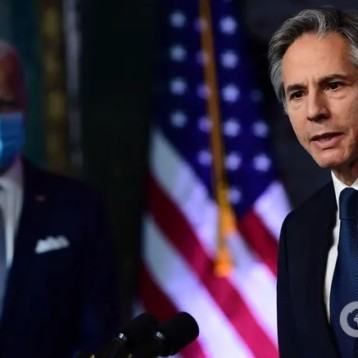
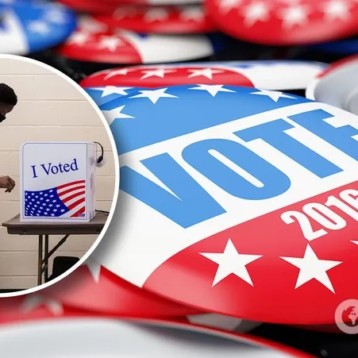
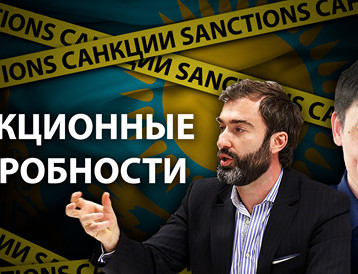
You must be logged in to post a comment.